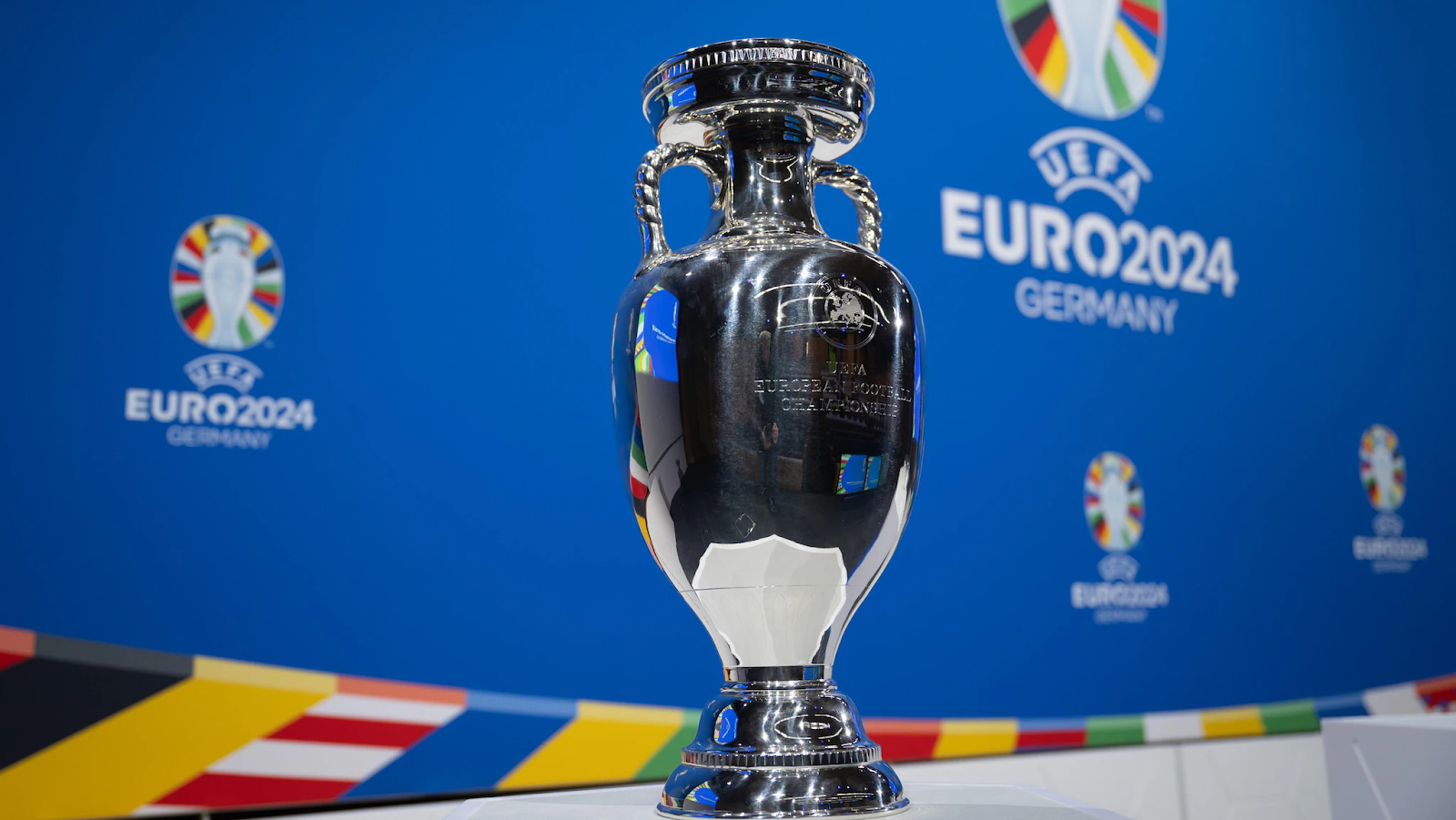The Evolution of the Euros
The UEFA European Championship sees the top nations across Europe compete to decide who the champions of the continent are every four years.
2024 will see the tournament take place in Germany, with the hosts automatically qualifying, as is customary, and fans around the world, not just the continent, will be tuning in to see each and every match.
England and France are two countries highly favoured in the Euro 2024 winner odds while sides like Germany, Portugal and Spain will be hoping to spring somewhat of a surprise though all have the quality in their squads to be feared.
The European Championship started way back in 1960. A tournament held between just four nations: Czechoslovakia, France, Soviet Union, and Yugoslavia.
Having a European tournament created had been in the planning for years prior by Frenchman Henri Delaunay who became UEFA’s first general secretary when the organisation was founded in June of 1954.
UEFA’s proposals in the early stages clashed far too much with those of FIFA and their World Cup tournament. As the ideas were developed, clubs were consulted due to the added workload onto players.
Delaunay didn’t live to see his dream come true, passing away in 1955, but his son Pierre continued to support his father’s idea until it was finally given then go ahead for the 1960 debut.
The growth of the tournament was almost instant in the qualification phase. 29 associations entered the second tournament with qualification taking place between 1962 to 1964.
It was the USSR who won the opening tournament with a 2-1 win over Yugoslavia after extra time. From this game onwards, the tournament continued to grow and build its reputation making it one of the most popular sporting events in the world.

As the second tournament took place in Spain and it was the hosts who were triumphant. Again, it was just four sides who participated in the finals, with runners up Soviet Union, third place Hungary and fourth place Denmark. The Soviet Union were the only of the sides to have played in the previous competition.
When 1980 came around, the competition grew to eight nations, doubling in size. There was one debutant in the tournament, Greece, while Czechoslovakia and West Germany were entering their third tournament.
Taking place in Italy, the expansion of the tournament added a second group, with two groups of four, with matches played across the country in four different cities. Attendances were low and the format of the two groups leading to a final between the top two sides did lead to a number of dull matches.
Format changes in the Euro’s, just like in most other sports, are often seen with caution, a fear of change, but UEFA was doing what it could to try and grow their tournament.
This expansion of the tournament was in a time of high issues in supporter hooliganism, and there were ugly scenes especially in the England vs. Belgium clash which saw tear gas released by police causing the match to be held up.
By the following tournament in 1984, the issues round hooliganism were better managed and under the fine French summer weather we saw the hosts claim their first ever title with Michel Platini scoring nine goals in the tournament and an average of 39,978 fans in the stadium across all games.
It took until Euro 1996, hosted by England, to see the next increase in participating sides, with 16 countries represented in the tournament. This was the first European Championship tournament which saw three points be awarded for a group stage win as well as the first quarter finals stage in the tournament as well.
It was current England Manager Gareth Southgate who missed the decisive penalty to eventual winners Germany in the semi-finals, with the tournament proving to be a reallysuccess as it doubled in size.
It has grown from four to eight teams in 1980, to 16 in 1996, and this year’s tournament will be having twenty-four teams compete, with Georgia making their debut in the competition.
The two most successful nations in the tournament are this year’s hosts Germany, and Spain, with both sides holding three titles. Spain is the only country to have been able to defend their title when they won twice on the bounce in 2008 and 2012.
Germany are the proud holders of the record for most games in the UEFA European Championships with 53, they have scored the most goals with 75, and have recorded with most victories in the tournament’s history with 28.
France were the first hosts of the tournament back in 1980, Belgium and the Netherlands were the first co-hosts of the tournament in 2000, and the 2020 tournament, played in 2021 due to the pandemic, was the first to be plated across eleven countries in eleven stadiums.






Comments